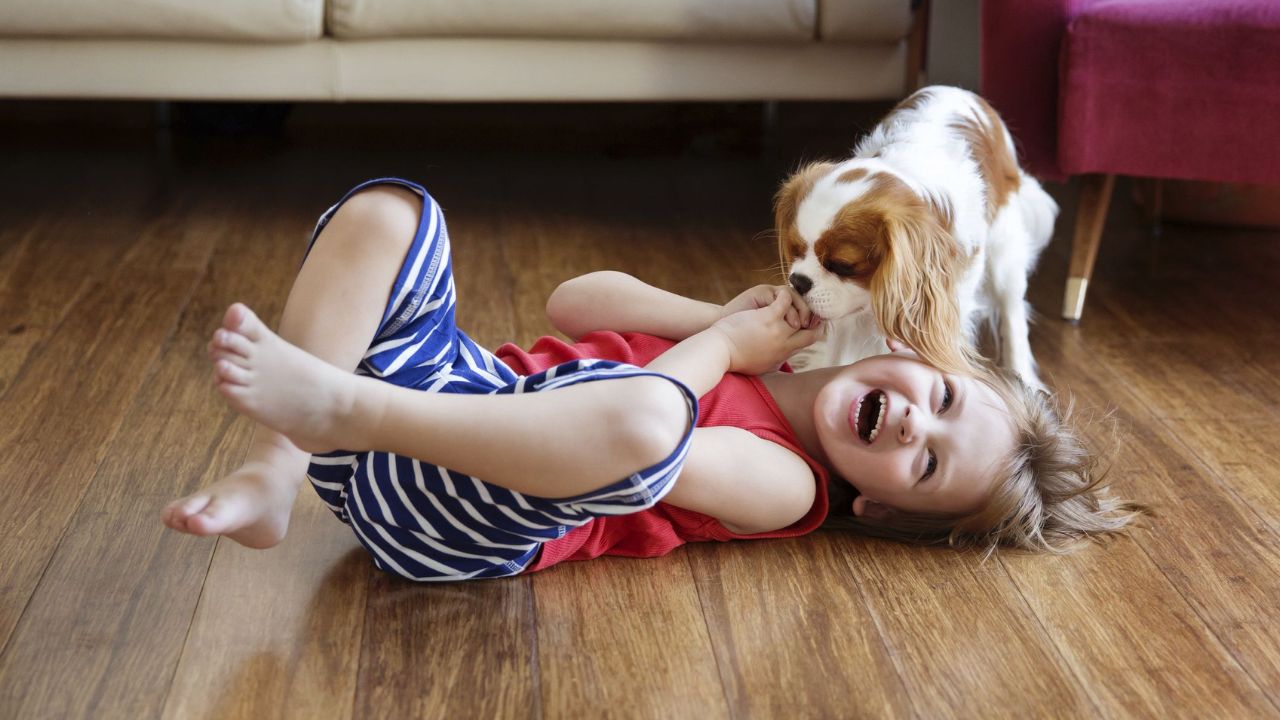
Selecting the right puppy for your family is a crucial decision that requires thoughtful consideration. Family-friendly puppy breeds not only add joy to your household but also become cherished members of the family. In this article, we’ll explore the characteristics of such breeds, offer insights into popular choices, and guide you in integrating a new furry friend into your family seamlessly.
Definition of Family-friendly Puppy Breeds
Defining family-friendly puppy breeds involves identifying canine companions known for their gentle and adaptable nature, making them ideal additions to households with children and adults alike. These breeds are characterized by their friendly temperaments, patience, and compatibility with family dynamics. Unlike other breeds, family-friendly puppies contribute positively to a home’s atmosphere, providing joy and companionship. The definition goes beyond mere traits, emphasizing the importance of understanding a breed’s temperament, size, and energy level to ensure a harmonious coexistence within the family. Choosing a family-friendly puppy is a thoughtful decision, with the definition encompassing qualities that make these furry friends cherished members of the household.
Importance of Choosing the Right Puppy for Families
The significance of selecting a family-friendly breed goes beyond personal preferences. It involves understanding the breed’s temperament, size, and energy level, ensuring a harmonious coexistence within your household.
Characteristics of Family-friendly Puppy Breeds

Temperament
Family-friendly breeds often exhibit calm and friendly temperaments. They are patient and tolerant and enjoy being around people, making them ideal companions for families.
Size and Energy Level
Considering the size of the puppy in relation to your living space is crucial. Family-friendly breeds usually come in various sizes, so it’s essential to choose one that aligns with your family’s lifestyle and available space. Additionally, matching the puppy’s energy level to your family’s activity level is key to a happy coexistence.
Trainability
A family-friendly puppy should be easy to train, making the integration process smoother for everyone involved. Breeds with a higher level of trainability can quickly learn basic commands and adapt to household routines.
Health Considerations
Prioritizing the health of your new family member is vital. Researching common health issues associated with specific breeds and ensuring regular veterinary check-ups can contribute to a long and happy life for your puppy.
Popular Family-friendly Puppy Breeds
Labrador Retriever
Labrador Retrievers are known for their friendly nature, intelligence, and versatility. They are excellent with children and make loyal family companions.
Beagle
Beagles are loving, curious, and great with kids. Their small to medium size makes them suitable for various living situations.
Cavalier King Charles Spaniel
With a gentle disposition, these small dogs are affectionate and friendly, making them ideal for families seeking a compact yet loving companion.
Golden Retriever
Golden Retrievers are famous for their friendly and tolerant attitudes. They are excellent with children and often become devoted family pets.
Bichon Frise
Bichon Frises are known for their playful and gentle nature. Their manageable size and hypoallergenic coat make them suitable for families with allergies.
Selecting the Perfect Puppy for Your Family
Assessing Family Lifestyle
Understanding your family’s lifestyle is essential in choosing a compatible puppy. Consider factors such as daily routines, activity levels, and the amount of time you can dedicate to your furry friend.
Consideration of Space
Different breeds have varying space requirements. Assess the available space in your home and choose a puppy that comfortably fits into your living environment.
Allergies and Sensitivities
For families with allergies, hypoallergenic breeds may be a suitable option. However, it’s crucial to spend time with a puppy before bringing them home to ensure compatibility.
Training Tips for a Family-friendly Puppy
Basic Commands
Teaching basic commands such as sit, stay, and come is essential for a well-behaved family pet. Consistent positive reinforcement is key to successful training.
Socialization
Expose your puppy to various environments, people, and other animals to ensure they grow into well-adjusted and friendly adults.
Positive Reinforcement Techniques
Reward-based training methods foster a positive relationship between your family and your new puppy. Celebrate successes with treats, praise, and affection.
Integrating a Puppy into Family Life
Creating a Safe Environment
Prepare your home for a new puppy by removing potential hazards and creating designated spaces for play, rest, and meals.
Involving Children in Puppy Care
Encourage children to participate in feeding, grooming, and playing with the puppy. This fosters a sense of responsibility and strengthens the bond between children and their furry friends.
Setting Boundaries
Establishing clear boundaries for both the puppy and family members helps create a harmonious living environment. Consistent rules and routines contribute to a happy and well-adjusted pet.
Common Misconceptions about Family-friendly Puppy Breeds
One-size-fits-all Mentality
While certain breeds are generally family-friendly, individual personalities vary. Spend time getting to know a puppy before making a decision.
Allergies and Hypoallergenic Breeds
Hypoallergenic breeds may reduce allergic reactions, but no breed is entirely hypoallergenic. Spend time with a puppy to gauge potential allergic reactions.
Maintenance and Grooming
Some family-friendly breeds require regular grooming and maintenance. Consider the time and effort you can commit to grooming before choosing a puppy.
The Long-term Commitment of Puppy Ownership
Lifespan Considerations
Puppies grow into adult dogs with varying lifespans. Be prepared for the long-term commitment of providing love, care, and attention throughout your furry friend’s life.
Financial Responsibilities
Owning a puppy comes with financial commitments, including veterinary care, food, grooming, and other necessities. Budgeting for these expenses is crucial for responsible pet ownership.
Emotional Bonding
The bond between a family and their puppy deepens over time. Invest time in building a strong emotional connection creating a lifelong friendship.
Conclusion
Choosing a family-friendly puppy is a significant decision that requires careful consideration. By understanding the characteristics of different breeds, assessing your family’s lifestyle, and committing to proper training and care, you can ensure a harmonious relationship with your new furry friend.
FAQ
How do I know if a puppy is suitable for my family’s lifestyle?
Consider factors such as size, energy level, and temperament. Spending time with the puppy before adoption provides valuable insights.
Are hypoallergenic breeds entirely safe for families with allergies?
While hypoallergenic breeds may reduce allergic reactions, individual responses vary. Spend time with the puppy to assess compatibility.
What are the financial considerations of owning a family-friendly puppy?
Financial responsibilities include veterinary care, food, grooming, and other necessities. Budgeting is essential for responsible pet ownership.
How can I involve children in the care of our new puppy?
Encourage children to participate in feeding, grooming, and playtime. This fosters a sense of responsibility and strengthens the bond with the puppy.
What is the lifespan of a family-friendly puppy?
Lifespans vary among breeds. Be prepared for the long-term commitment of providing love, care, and attention throughout your puppy’s life.






